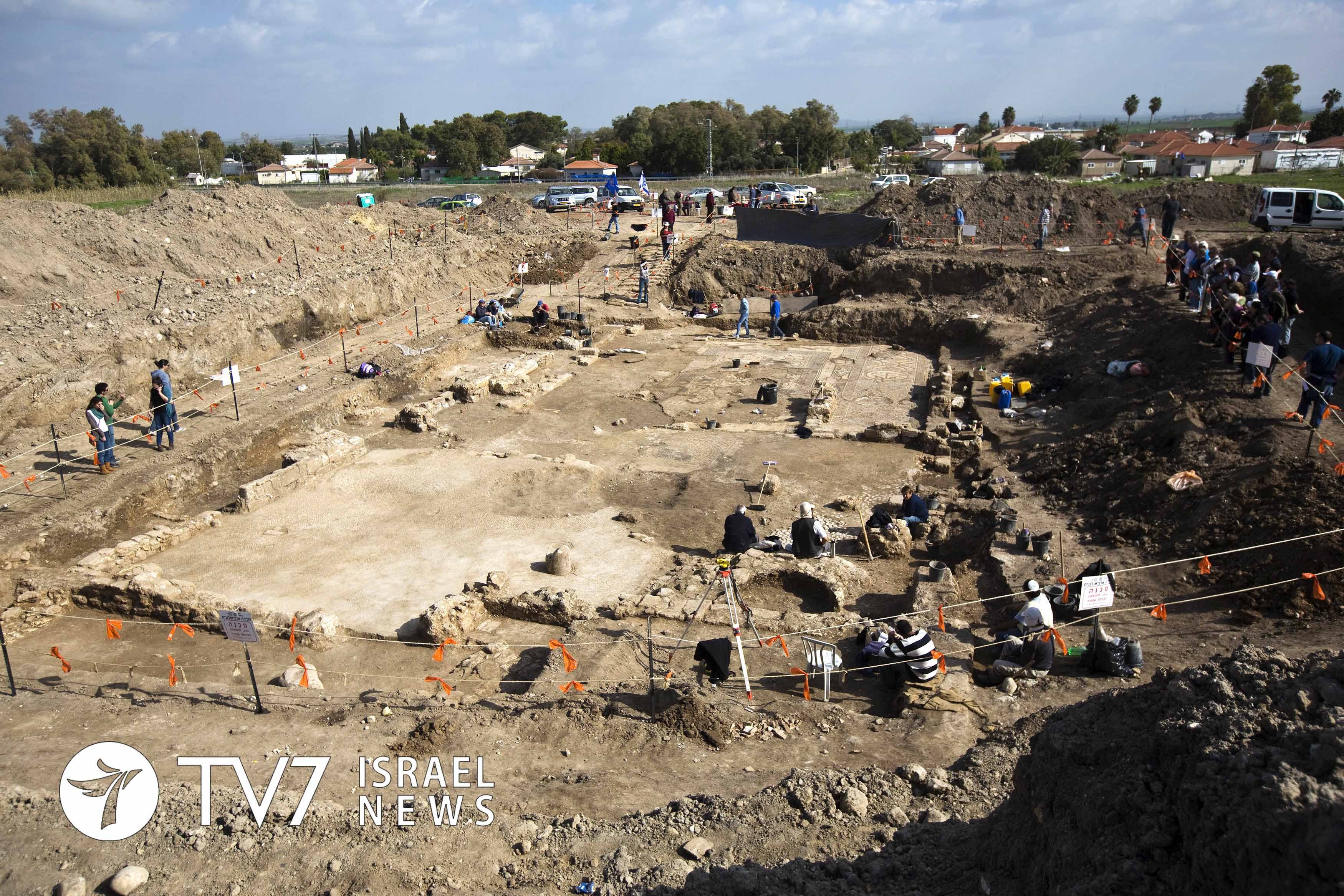Archeologists in Israel believe they have discovered the lost Roman city of Julias, previously known as Bethsaida, which according to Christian tradition was the home of three of Jesus’ apostles – Peter, Andrew and Philip. Several locations near the Sea of Galilee were possible candidates for Julias, but the recent discovery of an advanced Roman-style bathhouse at the multi-layered site of al-Araj, excavated by Dr. Mordechai Aviam of Kinneret college, indicated that unlike the other locations, there had been a large city there and not merely a fishing village. “During our season here we discovered that under the Byzantine period we have the Roman layer, we have pottery. we have coins and the most important discovery was the very bottom of the dig, there was a wall and the remains of a bathhouse. Now bathhouse in the Roman period reflects the life of a town, of a city and not of a village, and therefore I think that now we have better proof that Al Araj could be better identification for Bethsaida the Julias, the town of the apostles,” Dr. Mordechai Aviam director of the Institute of Galilean Archaeology said.
This finding matched the report of Jewish historian Josephus Flavius, who wrote that the Jewish monarch King Philip Herod, son of Herod the Great, transformed the small fishing village of Bethsaida into a Roman polis, around 30 AD. He renamed it “Julias” in honor of Livia Drusilla known as Julia Augusta, the mother of the Roman Emperor Tiberius.
Dr. Aviam explained that the remains of the bathhouse, as well as coins, were found in a layer dating from the late Roman period, 1st to 3rd centuries AD, below the Byzantine level. He added that the team also found the remains of a mosaic, an indication for an elaborate church at the site – a discovery which could match an 8th century AD report of a church at Bethsaida that according to tradition was built over the house of the apostles Peter and Andrew.
